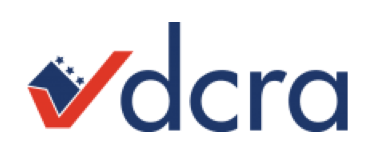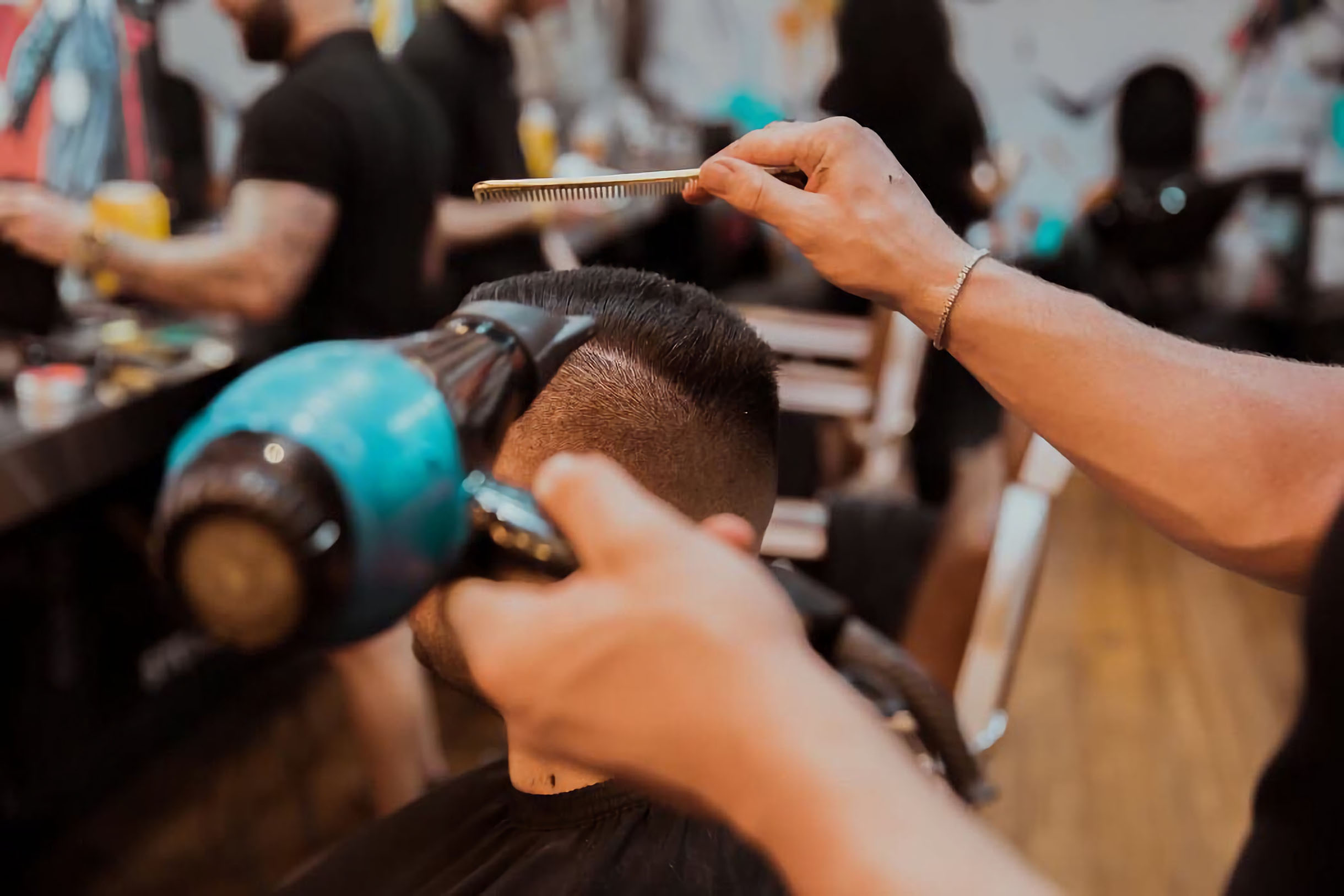
District of Columbia Board of Barber and Cosmetology
Classroom Courses
| 1 hrs | Creative Marketing |
|---|
This course will discuss various marketing strategies, such as branding, team building, and retail. Cosmetologists & Cosmetology Instructors only. Cosmetologist, Cosmetology Instructor, Cosmetology Managers, Esthetician Operator, Master Esthetician Manager, Master Esthetician Instructor, Braider, and Manicurist.
| 3 hrs | Cosmetology Technical Methods |
|---|
This course will discuss various cosmetology techinical methods of hair, skin, and nails. Cosmetologists & Cosmetology Instructors only. Cosmetologist, Cosmetology Instructor, Cosmetology Managers, Esthetician Operator, Master Esthetician Manager, Master Esthetician Instructor, Braider, and Manicurist.
Cosmetology, and Specialty licensees must complete six continuing education (CE) credits during each two-year cycle period to renew a practitioner license. Licensees must submit to the Board proof of completion of at least six CE hours from an approved CE program or course during each two-year license period.
Cosmetologists and Specialties must complete six CEs by the next renewal date–April 15, 2020.
Two hours must be in health, safety, and/or welfare subjects.
Four hours must consist of general elective courses. CE courses can include, but are not limited to:
1. Courses related to the practice of barbering, cosmetology, and specialty cosmetology;
2. District laws and regulations;
3. Ethics and standards of professional practice;
4. Occupational health, safety, and welfare
5. HIV/AIDS, communicable, and infectious disease control;
6. Product knowledge;
7. Business;
8. Management (Managers only); and
9. Education or Instruction (Instructors only)
PLEASE NOTE – CE requirements apply to all Barber, Cosmetology, and Specialty Cosmetology licenses, including Manager and Instructor licenses with one EXCEPTION – first time license renewals are exempt.
CEs for Managers and Instructors may be obtained by:
1. Classroom instruction
2. Lectures
3. Seminars
4. Trade Shows
5. Product Demonstrations
6. Educational conferences
7. Online classes (or distance learning classes)
8. College or University
| Time | Place | Room | Date Range | Instructor |
|---|---|---|---|---|
| 9:00am – 11:00am | KU2 Hill | 122 | Aug 21, 2018 – Dec 15, 2018 | John Hagensy (PhD) |
For more information about cosmetology in Washington D.C, please visit the Washington D.C. Department of Consumer and Regulatory Affairs website HERE.

Licensee must sign the sign in roster and complete the class course in order to receive hours and a downloadable emailed certificate of completion. It is the responsibility of the licensee to report all continuing education hours to IDFPR within the required time provided.
The programme aims to promote an understanding of the principles of legislative and an awareness of what constitutes legislative quality, how this can be achieved.
Legislative drafting is often perceived as a skill that one learns on the job.
Legislative drafting has evolved to become the bedrock of political, economic and social transformation. The view of the Institute’s Sir William Doe Centre for Legislative Studies is that legislative drafting is a practical discipline requiring awareness of the principles of drafting along with great experience on the job. It is still, however, relatively unexplored as a discipline. The PLP examines issues related to the policy process, the legislative process and the drafting process.
The PLP is aimed at those seeking a career in legislative drafting, those already working as drafters or those who want a career in or already working for, organizations that produce different types of normative acts. Many of our students are mid-career drafters employed by government (for example, by LG Chambers, the Ministry of Justice or any other ministries).